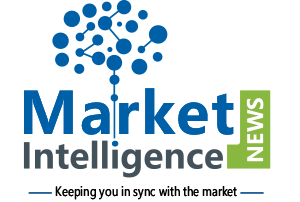The global healthcare cognitive computing market size is estimated to value $1,722.0 million in 2017 and is projected to grow at a CAGR of 34.0% during the forecast period. In terms of deployment model, healthcare cognitive computing is made available through either cloud or on-premise model. Cloud computing is a majorly used platform in healthcare cognitive computing, and its market is expected to witness growth at a CAGR of 34.5% during the forecast period. The growth in demand for cloud computing is driven by its ability to store a huge amount of data, at a lower cost, allowing even smaller hospitals to access the information they require to offer the best healthcare.
Increasing clinical trials and drug discoveries to address complex healthcare procedures have generated significant demand for data assimilation and advanced data analytics. This increase in demand for advanced data analytics, in turn, has led to the increased implementation of cognitive computing to help doctors understand patients’ medical conditions and develop suitable treatment plans for them. In recent years, several hospitals in Europe and North America have implemented cognitive computing solutions in their operations. For instance, in May 2016, Alder Hey Children’s Hospital, along with Roald Dahl Foundation, a healthcare charity, implemented cognitive computing to their patient solutions.
Taking into an account of geographical landscape. the APAC healthcare cognitive computing industry is expected to witness the fastest growth in demand, at a CAGR of 41.6%, during the forecast period, owing to rising geriatric population, increasing healthcare expenditure, growing public and private investments in the healthcare sector to cater to unmet medical needs, and burgeoning pharmaceutical industry in the region. According to the United Nations Economic and Social Commission for Asia and the Pacific (UNESCAP), people aged 65 years and above constituted approximately 11.4% of the population in 2013, and the count is estimated to increase by approximately 20% by 2050. Since the elderly generally need help in meeting their medication needs, including keeping track of their visits to the doctor, medication timings, exercise reminders, and dietary recommendations, there is ample scope for the healthcare cognitive computing market to flourish in the region.




